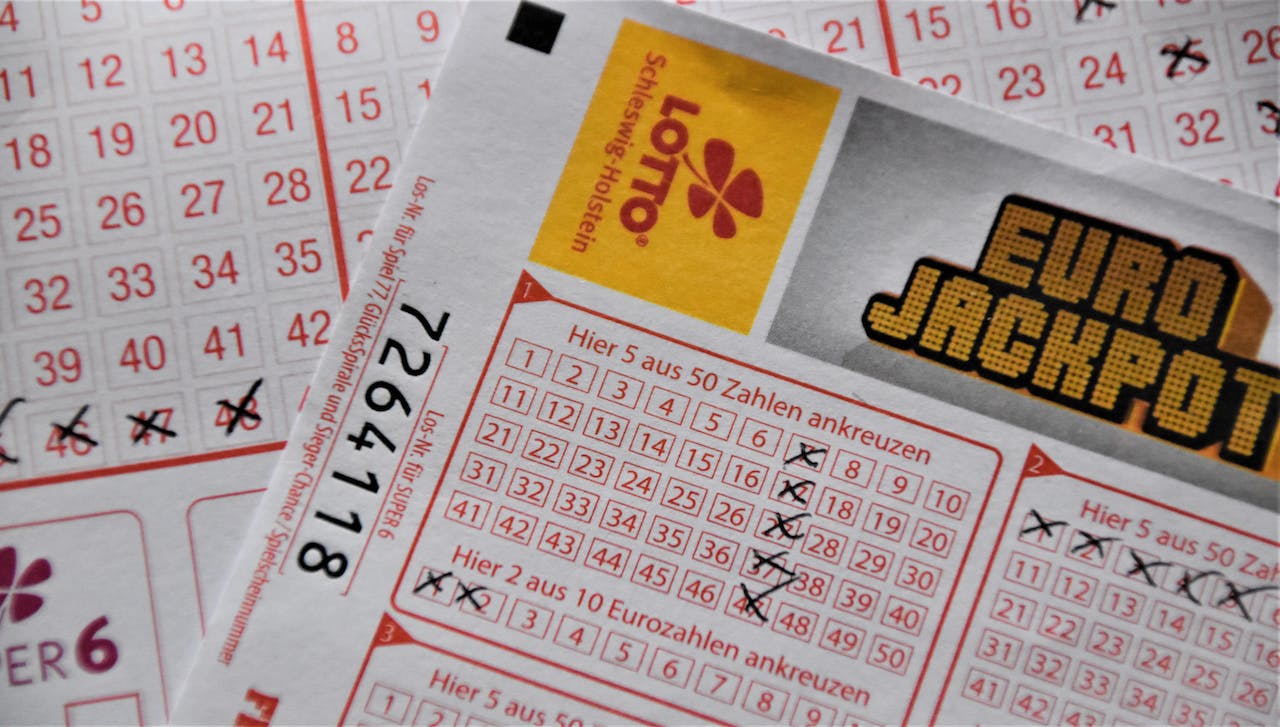Unveiling the Patterns: An Analysis of Habitual Lottery Players
Editorial Team
If you have a gambling problem, here are links to a couple of organizations that may help you: (we provide this for informational purposes and do not endorse, nor are we endorsed by them)
Lotteries have long captivated the imaginations of people worldwide, offering the tantalizing prospect of overnight wealth. While occasional lottery ticket purchases are commonplace, a distinct group of individuals emerges as habitual lottery players. This analysis delves into the various aspects of habitual lottery players, examining their motivations, demographics, behavioral patterns, and the potential impact on their financial and psychological well-being.
- Demographic Profile:
- Investigate the socio-economic background of habitual lottery players, exploring factors such as income levels, education, and employment status.
- Analyze regional variations to understand if certain demographics are more prone to habitual lottery participation.
- Psychological Motivations:
- Explore the psychological drivers behind habitual lottery play, including the allure of hope, the thrill of anticipation, and the psychological impact of potential financial windfalls.
- Investigate any potential correlations between personality traits and the propensity to become a habitual lottery player.
- Behavioral Patterns:
- Examine the frequency and consistency of lottery ticket purchases among habitual players.
- Investigate the influence of external factors, such as advertising and social pressures, on the behavior of habitual players.
- Analyze the impact of past wins or losses on continued participation.
- Financial Implications:
- Assess the financial strain that habitual lottery play may place on individuals, considering the cumulative expenses over time.
- Explore whether habitual lottery players are more prone to financial difficulties and debt compared to non-players.
- Social and Community Dynamics:
- Investigate the role of social circles and community influence in fostering habitual lottery play.
- Examine the extent to which social interactions, both online and offline, contribute to the perpetuation of lottery-playing habits.
- Regulatory and Responsible Gaming Measures:
- Evaluate existing regulatory frameworks and responsible gaming initiatives aimed at mitigating the potential negative consequences of habitual lottery play.
- Explore the effectiveness of interventions and policies in curbing excessive participation.
- Comparative Studies:
- Conduct comparative studies with individuals who do not engage in habitual lottery play to identify key differentiators in lifestyle, attitudes, and outlook.
- Potential Therapeutic Interventions:
- Explore potential therapeutic interventions or support systems for individuals grappling with excessive lottery play, including counseling, financial education, or addiction programs.
Conclusion: This comprehensive analysis sheds light on the multifaceted nature of habitual lottery players, encompassing demographic, psychological, behavioral, and societal dimensions. By understanding the intricacies of this phenomenon, policymakers, researchers, and healthcare professionals can develop targeted strategies to address potential issues and promote responsible gaming habits.

